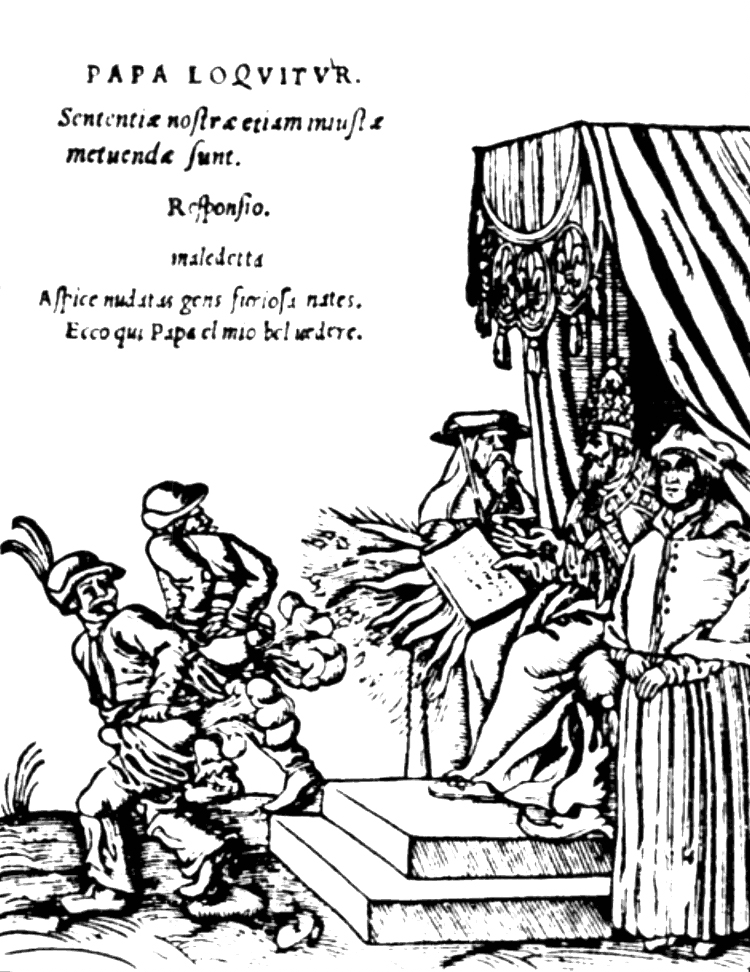It happened today - February 23, 2016
 Edward Bulwer-Lytton (of all people) wrote “The pen is mightier than the sword.” You ain’t foolin’, buddy.
Edward Bulwer-Lytton (of all people) wrote “The pen is mightier than the sword.” You ain’t foolin’, buddy.
Consider that on this date, Feb. 23, as far as scholars can tell, the first Gutenberg Bible was printed back in 1455. At the time it seemed rather nebulously cool, and copies sold as far away as England and possibly Sweden for sums that would have hired a clerk for three years, but hardly revolutionary. After all, the Bible was already rather widely known and taken extremely seriously. And while Gutenberg’s Bibles were big and heavy, you’d still have come off badly wielding one against a man with a sword.
The thing is, of course, that printing with moveable type let people produce books far faster and, a subtly vital point, in identical editions. No matter how careful hand-copyists are, they do make mistakes, and most hand-copyists were reasonably prone to fatigue, distraction, discomfort and sheer carelessness.
With printed books, people can compare notes precisely at a distance. Which isn’t just good news for pedants. It allows for more detailed and precise scholarly conversation over time and space. And the profusion of books gave them more to argue over.
Plus you can print more than just books. The rise of Lutheranism and Protestantism generally owed more than a little to the proliferation of Bibles in the hands of lay people, in vernacular languages rather than priestly and largely inaccessible Latin. But it was also driven by the ease of printing polemical pamphlets.
Now I don’t know what you think of the Catholic Church. And I grant that especially after the Middle Ages but before the Reformation it had its flaws. But Lutheran pamphlets were frequently themselves disgraceful: inflammatory and scatological, not least those Lucas Cranach did for the bodily-function-obsessed Luther himself, showing peasants farting at the Pope and other subtle hilarity. And they worked.
The printing press blew Europe apart, shattering the admittedly already highly fractious “unity” of Christendom, reinforcing the rise of the nation-state by facilitating bureaucracy (no printing press, no forms, you see), helping commerce, prompting free thinking, encouraging intellectual experimentation, helping increase literacy and generally turning everything on its head.
The results have not been quite as uniformly wonderful as progressive enthusiasts would have you believe. But they have certainly been as revolutionary. And they have been so despite vigorous efforts to stop them by the application of military force itself made far more effective by the technological and intellectual dynamism fostered by the spread of printing.
Admittedly in hand-to-hand combat a half-way-decent sword still beats even a first-rate tactical pen. But when a printing press falls on a knight in armor, the Middle Ages is definitely done.